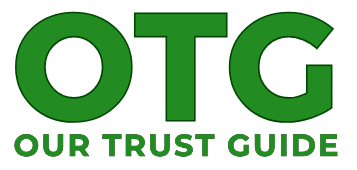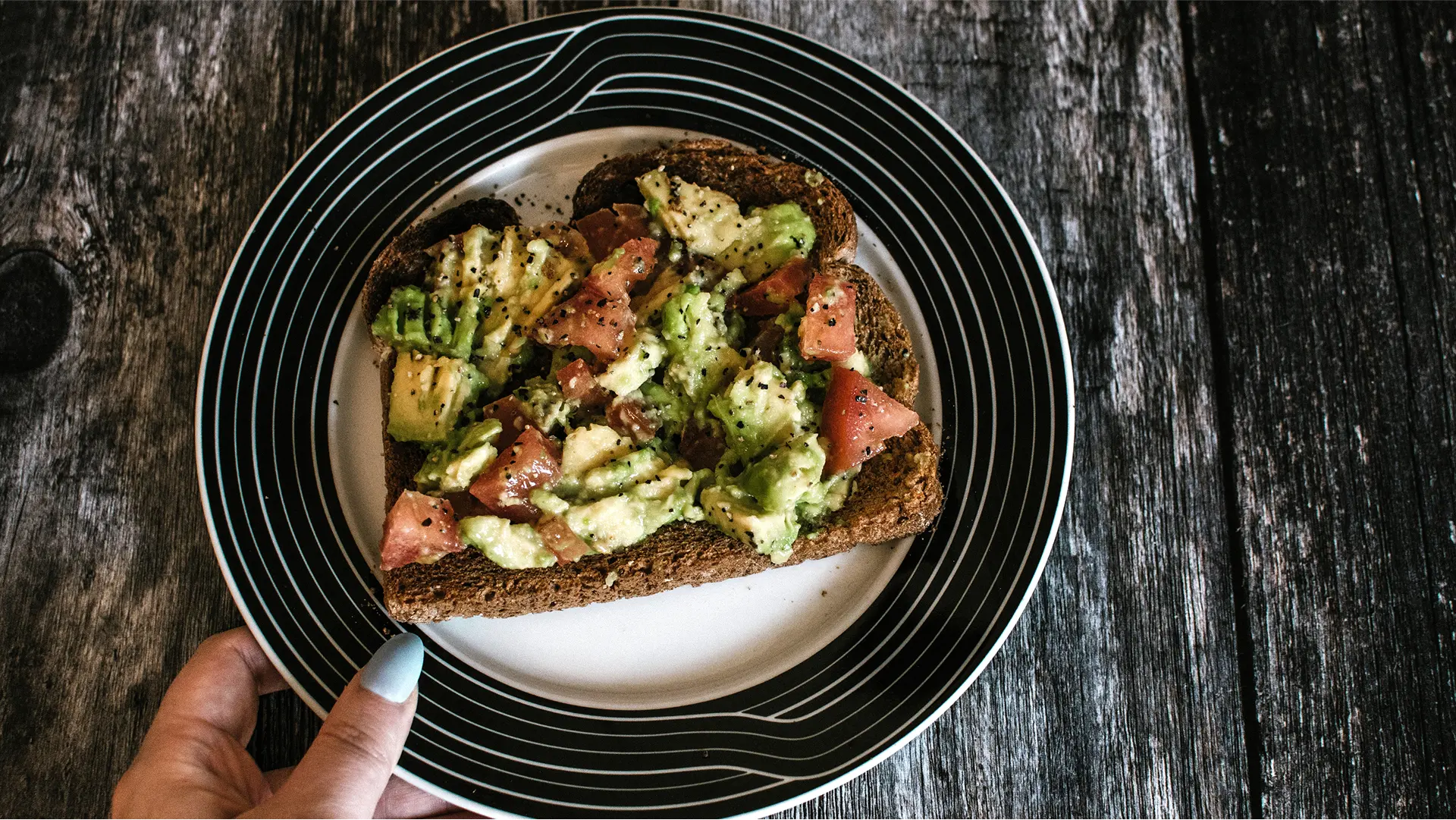
What is Lifestyle Productivity?
Lifestyle productivity is a powerful concept that combines your personal habits, health, and mindset into a sustainable system for getting things done. Rather than relying on temporary hacks, lifestyle productivity aims to make productivity a natural part of your everyday life.
This approach recognizes that your energy, focus, and performance are tied to your overall lifestyle. When you align your daily actions with your goals, productivity becomes effortless — not forced.
1. Start Your Day with a Clear Morning Routine
Your morning sets the tone for the entire day. A well-structured routine activates your brain, reduces stress, and boosts clarity.
Start with:
- Drinking water to hydrate after sleep
- Light stretching or a 15-minute walk
- 5 minutes of journaling or gratitude practice
- A healthy, protein-rich breakfast
According to Harvard Health, consistent morning habits improve mental health and productivity by reducing cortisol levels and decision fatigue.
2. Use the 90/20 Rule for Deep Work
The 90/20 rule involves working in 90-minute focus blocks followed by 20 minutes of rest. This rhythm aligns with your brain’s natural ultradian cycles and prevents burnout.
During the 90 minutes:
- Eliminate all distractions (notifications, social media)
- Focus on one task only
- Use tools like Freedom.to to block distractions
Incorporating deep work is a core practice in lifestyle productivity. It helps you achieve more in less time, with greater quality.
3. Design a Distraction-Free Work Environment
Your environment greatly influences your focus. A cluttered desk or noisy space can drain your mental energy.
To optimize your environment:
- Keep your workspace tidy and minimalist
- Use noise-cancelling headphones
- Adjust lighting to match your peak energy hours
Even small changes like working near natural light or adding a plant can significantly increase your focus and reduce stress.
4. Fuel Your Brain with the Right Nutrition
Productivity is not just mental — it’s also physical. What you eat has a direct effect on your concentration and mood.
Tips for brain fuel:
- Start your day with eggs, oats, or Greek yogurt
- Avoid sugar-heavy snacks that cause energy crashes
- Stay hydrated throughout the day
A nutrient-rich diet keeps your brain sharp and energy levels steady, supporting your long-term productivity goals.
5. Schedule “No Meetings” Focus Blocks
Meetings are often the biggest productivity killers. Try reserving one or two hours each day with no interruptions.
Benefits:
- Encourages deep work
- Reduces cognitive switching costs
- Gives you predictable windows for progress
Label these blocks as “Focus Time” in your calendar, and communicate their importance to your team.
6. Reflect and Plan Weekly
Without reflection, it’s easy to stay busy without making meaningful progress.
Every Sunday:
- Review your accomplishments and challenges
- Adjust your goals or habits
- Write a plan for the week ahead
This practice aligns your time with your priorities. It’s a favorite among high performers because it creates clarity and momentum.
7. Prioritize Sleep and Movement
No productivity system works without energy. The Lifestyle Productivity model values sleep and physical movement as non-negotiable.
Sleep: Aim for 7–8 hours nightly. Quality sleep improves memory, focus, and decision-making.
Exercise: Even 20 minutes of walking can boost brain function and mood.
Skip these, and your performance drops — regardless of how organized your to-do list is.
Bonus Lifestyle Productivity Tips
- Use digital planning tools like Notion or Trello to stay organized.
- Apply the “2-Minute Rule”: If a task takes less than 2 minutes, do it immediately.
- Practice digital detox by limiting screen time on weekends.
- Use habit trackers to stay consistent with new routines.
Final Thoughts
Lifestyle productivity is about making daily success effortless by aligning your habits with your goals. Instead of relying on motivation or external pressure, you build systems that sustain themselves. Start with one change today — a 10-minute morning routine, a distraction-free workspace, or a sleep goal. Small steps lead to big results.
By embracing this approach, you’ll not only get more done — you’ll feel better doing it







